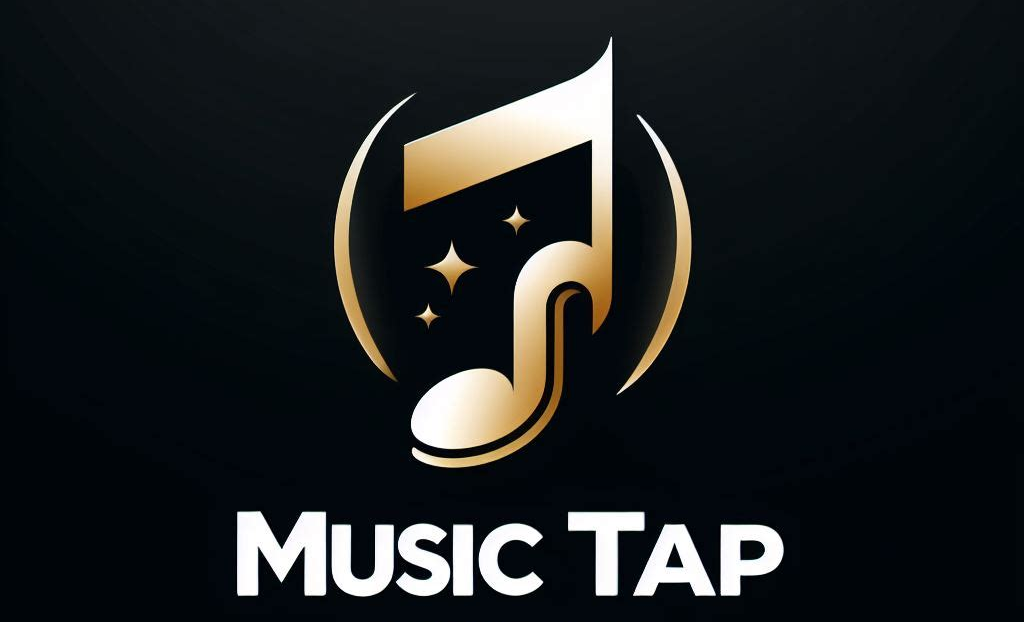A Son is the name of Chicagoan Mark Nelson’s latest release as Pan-American, out last week via Kranky. And, even by Pan-American standards, it is a startlingly human and naked thing.
Nelson’s outside-Labradford project often has come loaded with the lynchpins of glitch and dub: the careful arrangements, even – sometimes especially – of arguably “incidental” or non-diagetic sound; the cavernous reverb, as if the record were being captured accidentally on the bare, cold cement floor of some empty loft; the bass thrums or repeating measures, onto which a careful structure of adornment and spiderweb-like lace was sketched. Records like Quiet City, from 2004, were epic but seemingly intrinsic treasures – Nelson labored, very quietly, to make everything seem as carefully contained and as deceptively “simple” as possible. But A Son strips away many of the colors and some of the digital iciness Nelson has built carefully since the project’s auspicious 1998 debut. There are the signatures – the reverb and attention to structure most assuredly remain, no doubt – but the handwritten lines are sparser, arguably more ghost-like. For someone as filmy (in the substantive, not cinematic sense) as Nelson, that speaks volumes.
It’s a fool’s errand to try to catalog a record like this – but here we are. On the nine-track LP, we find gems like the glassy, spare lead guitar of the wondrous “Dark Birds Empty Fields,” slowly serenading over a bed of feathery and floating post-rockisms. (With no percussion throughout, the LP seems at times to even challenge concepts of gravity.) There is the blues ballad “Memphis Helena,” whose occasional leads hint at country-western twang and whose content calls to mind the openness of the Western plains. (“I’m away from love,” Nelson faux-whispers, almost hoarsely, repeatedly. “We left it all behind.”) And there is the way electronics, a slow and enveloping wash of sounds, creep into the frame, welcome departures from the organics that supplant them, in “Muriel Spark.”
Yes, there are songs that work better than others. I sense the full (and requisite) resonance of battered voice on “Drunk Father,” but couldn’t help wishing Nelson let that voice fall further back or take leave all together, allowing the lullaby-like structures and gentle pacing to have the stage as it established its own connotations. And I found the e-Bowed guitar of closer “Shenandoah” to be obstructive, though, since this is, in part, arguably a response to the death of a young protestor in Charlottesville, Va., perhaps that is the point. I liked the haunted, hammered dulcimer of opener “Ivory Joe Hunter, Little Walter,” but thought it was less effective later in the record, on “Kept Quiet.”
All in all, though, this is an exceptional LP – and A Son is another masterful addition to a canon full of wonders. Nelson never lets a moment of silence pass without wringing it of its fullest potential on the new record. And even those silences tremble with meaning. What more could we ask of him?
-30-
